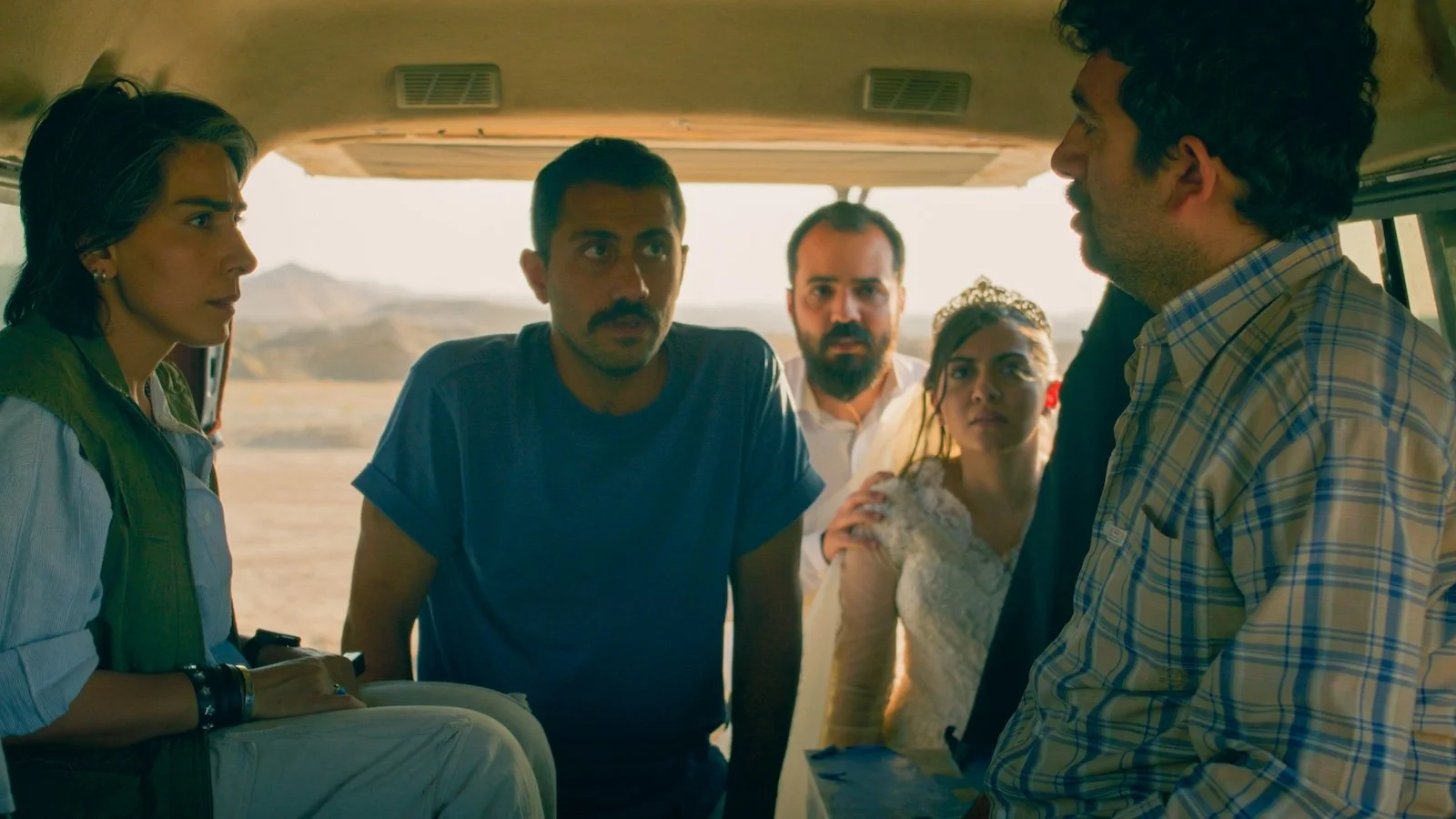Hot Docs 2024: Fire Tower
What if your love of solitude could be in service of others? That’s the central drive behind the characters in Fire Tower. They spend six months a year in remote parts of northern Canada working in watchtowers looking for lightning strikes and other signs of imminent wildfire. They’re drawn to the job because they love being alone in nature, and this job requires a comfort with being with yourself and only yourself for long periods of time. Tova Krentzman’s Fire Tower becomes an ode to this particular temperament as much as an overview of what life is like working in one of these watchtowers.
Running only 47 minutes (just long enough to be a feature documentary), Fire Tower follows several watchers over the course of a single wildfire season. It introduces us to their work routines, which include spotting lightning strikes with binoculars, noting wind patterns, and communicating with fire departments across the Canadian North. It also follows their domestic patterns when stationed at these towers: we see what they eat, how they pass their time, whether playing violin or making crafts, and how they interact with the forest and animals around them. It’s a beautiful little work, the kind that anyone who has a simple curiosity about the job will be satisfied with.
It’s also slight, which isn’t necessarily a drawback, but it’s hard to go into too much depth in less than an hour. There’s a version that’s 20 minutes longer that likely provides some of the extra detail this film is lacking. At least the 47-minute version of Fire Tower doesn’t ignore the human qualities that define this job. It’s not all a procedural of working in remote forest areas, responding to fire signs, and, as we see in some of the most intense moments, evacuating when fires get too close. It also gently probes the characters, asking what they’re running from and what they’re running to.
Some of the people simply love nature, love the North, love the opportunity to get away from the city and experience the great outdoors. One character speaks of his yearly six-month shift as a kind of reset that lets him appreciate the city all the more when he returns after his work is done. Others, however, are clearly running from something. One character confesses to feeling haunted by the death of a child during a fire in a basement apartment he was renting; he escaped with his life, only later to discover that a neighbour’s boy wasn’t so lucky. Fire Tower is clever enough to draw parallel lines between his life then and life now. It makes the subtle implication that by working in a fire watchtower, he’s working to prevent the future deaths of children in fires, but also avoiding any human connections that would make him vulnerable to witnessing such a death again. He wants to save people, but also stay away from them.
The film’s subjects are interesting and it’s too bad the film doesn’t spend longer with them to dig deeper into the motivations and their psyches. They all see solitude in nature as a gift, but others clearly also see it as a refuge. There’s more to uncover here, but the filmmakers choose to restrict the length.
At least Krentzman doesn’t get distracted by trite political message making. For instance, climate change lingers as a spectre over the entire film, as wildfires grow more ferocious, more common, more all-consuming. The movie is bookended by an Indigenous man walking the mountainside and recalling how fires in the past were meant to heal the forest as much as destroy it, but he worries that it’s lost its regenerative capacity. The film conveys a clear message about the need to address climate change, but it never rams this message down your throat, which is refreshing for an ecological documentary. The overall effect is a pleasant, instructive film that showcases a unique occupation and the eccentric individuals that pursue it.
7 out of 10
Fire Tower (2023, Canada)
Directed by Tova Krentzman.



Nia DaCosta’s sequel to 28 Years Later pits two competing theologies of death against each other.